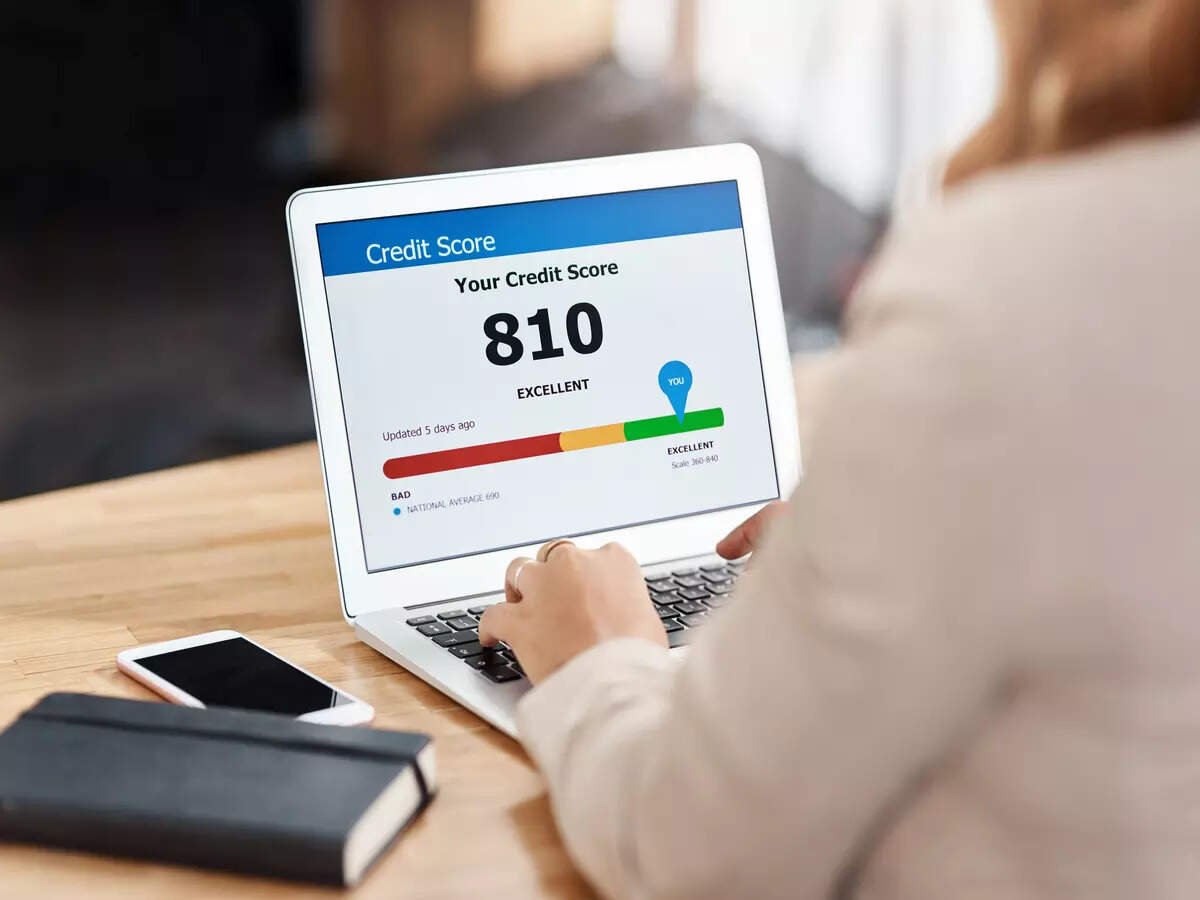A score of over 800 is considered excellent, but a range of 670-739 is also good. However, anything below 600 is undesirable. If your score falls in this danger zone, it’s best to take steps to improve it. We spoke with credit experts to list five strategies to help elevate your credit profile and secure your financial future.
Prioritise full, timely payments
It is a no-brainer that your payment history is the most important factor in determining your credit score. Credit bureaus keep track of how many payments you miss, and how often you apply for loans and credit cards. Consistently paying your equated monthly instalments (EMIs) and credit card bills in full, on time, is crucial. A single missed or late payment can significantly dent your score, especially if your credit history is short or already spotty.
Satish Mehta, Founder, Athena CredXpert, emphasises, “Many underestimate the impact of missing even one EMI. It creates a negative mark in the scoring algorithm, signalling unreliability to lenders.” In fact, paying only the minimum due on credit cards, while not technically a default, can also hurt. One minimum balance payment may not hurt, but consistently relying on it may damage your score. It suggests you’re stretched thin financially, which bureaus interpret as a risk.
Automating payments can ensure that you never miss the due date. Remember that credit cards typically charge 30-40% interest on dues. So, even if a minimum due payment doesn’t hurt your score, it will still hurt your wallet.
Build credit score with small, secured loans
Traditional unsecured loans may be out of reach when you have a bad score, but you can still apply for secured loans backed by fixed deposits or gold. They are more accessible and reported to credit bureaus. Using these for modest, planned expenses and repaying them diligently can rebuild your score.
“Start small and focus on consistent, timely repayments to restore trust,” advises Raj Khosla, Founder & MD, MyMoneyMantra. A track record of steady repayments over six to nine months can gradually outweigh past delinquencies. The goal is not to borrow large amounts, but to demonstrate the change in credit behaviour and the ability to repay consistently, which strengthens the score over time.
Be mindful of credit utilisation ratio
Credit utilisation—ratio of credit card spending to the total available credit—is another major driver. Using 70-80% of your card limit, even if paid on time, can raise red flags. Experts recommend keeping utilisation below 30-40%, across all cards, to demonstrate financial discipline.
Instead of repeatedly hitting the limit on one card, distribute spending across multiple cards as it keeps each card’s utilisation ratio low. However, if you start maxing out all the cards, it won’t be beneficial. Three wellmanaged cards can enhance your score. If you’re new to this approach, start with small, planned purchases to maintain control. Remember, however, that applying for multiple cards in a short period of time can push you into the bureau’s radar.
Avoid over-reliance on EMI conversions
Converting a hefty credit card bill into EMIs may seem like a convenient way to manage cash flow, but frequent conversions can harm your score. They signal to credit bureaus that you’re struggling to clear dues in full, reflecting financial over-extension.
Khosla explains, “Each EMI conversion shows up as an inability to pay the balance outright, which can lower your score.” If borrowing is unavoidable, take a personal loan, which comes with a lower interest rate and a fixed repayment schedule. It will still impact your score, but helps avoid the high interest rate on a credit card. Use this sparingly and prioritise budgeting to avoid such measures.
Tackle overdue loans strategically
If you’re grappling with overdue loans or credit card defaults, resist the urge to borrow more to repay these. “Swapping one debt for another doesn’t solve the problem; it just delays it,” says Mehta. This approach can push you into a debt trap and further damage your score.
Instead, prioritise clearing smaller, unsecured loans with the highest rate to reduce your debt burden, and then move to the lower interest rate loans. If the situation feels overwhelming, consult a qualified credit counsellor to restructure repayments strategically. A tailored plan can help you regain control and gradually repair your score without resorting to quick fixes.




